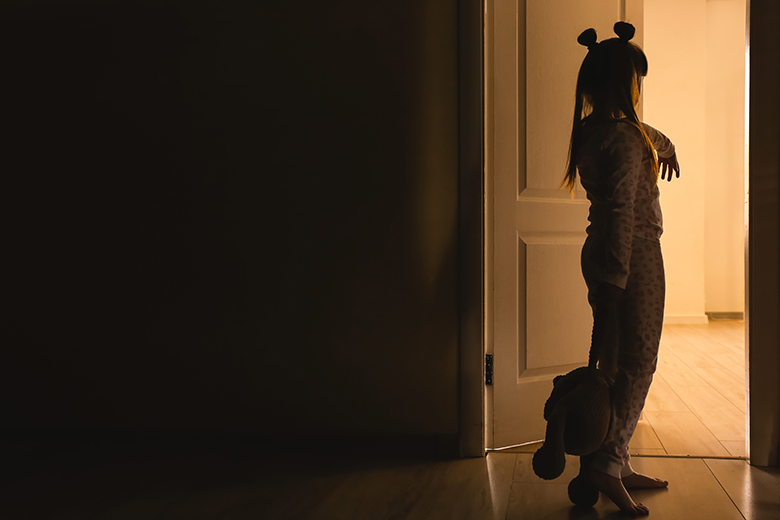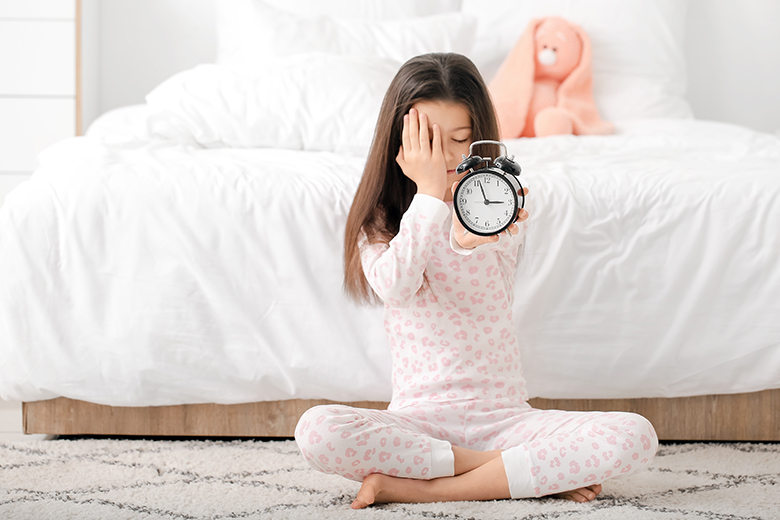Depending on your child’s age, sleep problems can range from nightmares and sleepwalking to bedwetting and sleep apnoea. Here, Dr Arif Khan, Paediatric Neurologist and Founder of Neuropedia, a company that specialises in a wide range of childhood neurological conditions, talks about the various sleep difficulties that children experience and how best to solve them.
Sleep problems in children are common and the most frequent one is insomnia. Insomnia can either present with the child refusing to go to bed or his/her inability to fall asleep. In most cases, these are behavioural insomnia driven by long-term poor sleep hygiene and sleep schedule.
Most often these problems are under-recognised. To get a shortcut solution, parents seek help from physicians and invariably their kids get put on medications. However, while medications treat the symptoms, they do not treat the underlying cause. Medications can lead to developing a problematic cycle of dependence and complications.
Sleep is a learned behaviour and many factors contribute to poor sleep behaviour in a child. These factors have to be isolated and tackled. The first step in most of these cases is behavioral modifications, which will require patience and perseverance from both parents and physicians.

Try and keep screens away from your child at least two hours before bedtime
I use medications only when conservative measures have failed or just to get a quick start to a new sleep pattern. Usually working towards moving bedtime forward 15 minutes every week helps in most cases and at times adjuncts such as melatonin may be required.
There are other sleep pathologies like parasomnias, sleepwalking, sleep talking, and night terrors. These usually do not require any interventions but some caution has to be taken in making sure that the child is safe.
There are sleep-related breathing problems such as sleep apnoea too, which need to be identified early and treated, otherwise it will affect the child’s daytime performance, behaviour, and general health as their sleep quality will be affected.

While medications treat the symptom, they do not treat the underlying cause
The most important aspect of sleep hygiene is to make sure that your child’s sleep schedule is consistent and adequate.
Try and keep screens away from your child at least two hours before bedtime. Do not encourage ‘reward systems’ whereby the child is allowed to walk to their parents’ bed and co-sleep, or taken out in a car for a ride to fall asleep.
This will help develop an association to sleep which will be difficult to undo.
However, sometimes a pediatrician or a pediatric neurologist will have to be consulted, especially if your child keeps waking up at night, has abnormal physical movements in sleep, or wakes up in the morning looking tired and drowsy. You should also seek help if your child has excessive daytime sleepiness or snores at night.
Sleep is the key to our wellbeing. Nonetheless, we tend to ignore its importance and consider it to be a waste of time. Don’t!
Neuropedia
+971 4 343 1113

Dr Arif Khan, Paediatric Neurologist, Founder of Nuropedia, a company that specializes in childhood neurological conditions such as epilepsy and seizure disorders, headaches and migraines, sleep disorders, neuromuscular conditions, movement disorders, neonatal neurology, cerebrovascular stroke, cerebral palsy, neurometabolic conditions, neurogenetic conditions, neurobehavioural conditions, autism and ADHD.





